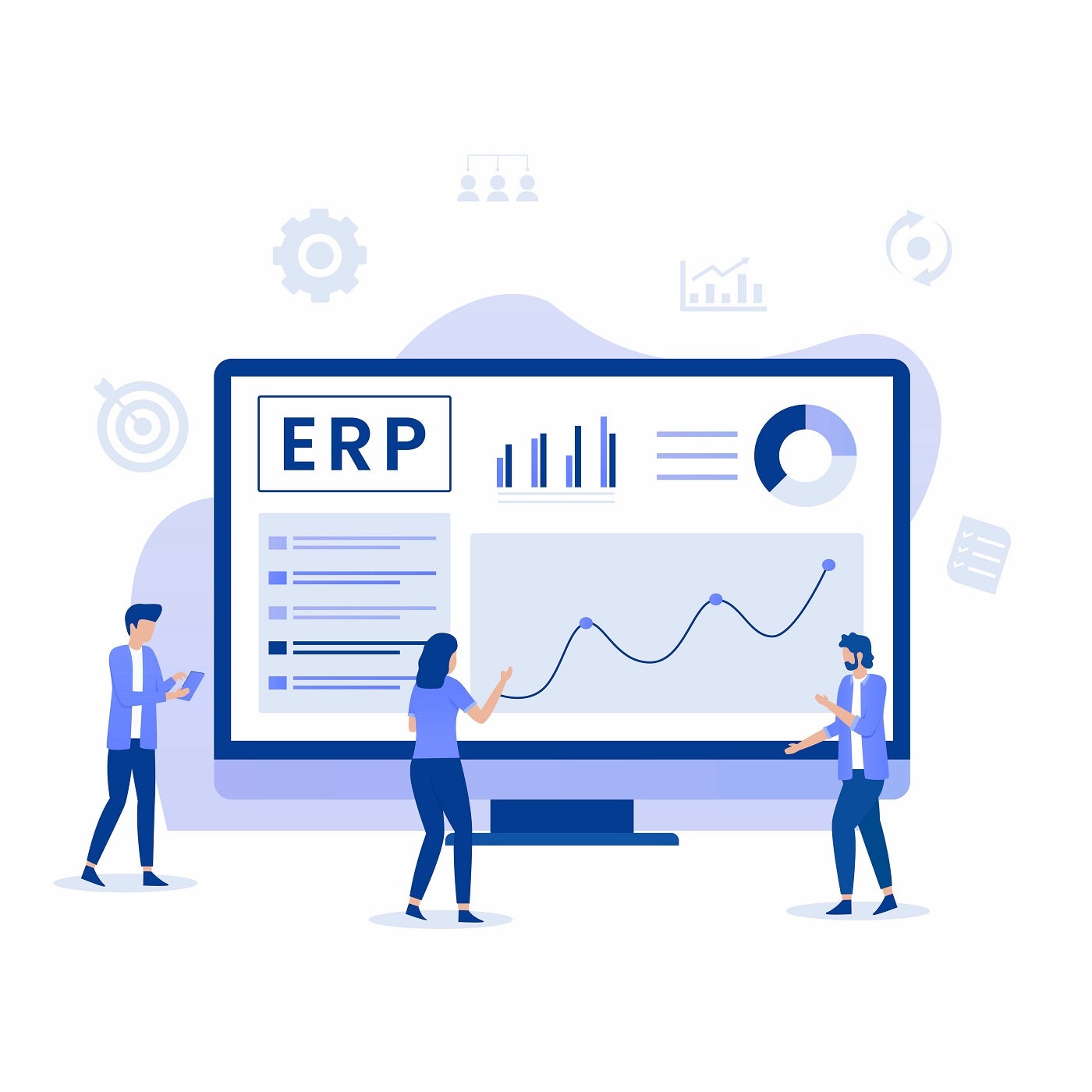

Rimini Street reported revenue for 2023’s third quarter at US $107.5 million (AU $163 million), up 5.4% on the same period last year. The result, according to CEO Seth Ravin, showed it is moving towards a goal of becoming a US $1 billion (AU $1.5 billion) revenue company.
Those revenues, if achieved, will be at the expense of some of the world’s largest enterprise software providers. Rimini Street has built its business providing end-to-end enterprise IT software support, products and services for customers using enterprise resource planning products from SAP and Oracle.
Rather than upgrading in line with ERP software release cycles, buyers, including brands like Telstra, The Entertainment Group, Alliance Group and MYOB in Australia, are using Rimini Street to support their products, allowing them to extend product life and cut support costs.
Jump to:
- Rimini Street promises to give ERP customers more options
- Businesses are extending ERP life and paying less for support
- Three reasons why ERP customers are considering new options
- Powerful customers could encourage change in ERP market
Rimini Street promises to give ERP customers more options
Since its launch in 2005, Rimini Street has grown by providing enterprise software buyers in the U.S. and internationally with independent software support for products like SAP and Oracle, in competition with the vendors’ own support offerings and product roadmaps.
Rimini Street’s IT support service offering includes the provision of a senior engineering team to deal with ongoing IT support issues, support with customising products that are not usually offered by vendors, and the delivery of tax, legal and regulatory updates across multiple countires to ensure compliance. It also has a broader managed service offering for clients outsourcing IT management.
Rimini Street’s promise is to give more choice to enterprise customers, who have needed to invest significant amounts in upgrading and supporting their ERP systems. Rather than being obliged to follow vendor-dictated roadmaps, it aims to provide another pathway for IT to consider.
DOWNLOAD: Get control over the cloud with this cloud management buyer’s guide.
First, customers have the flexibility to extend the end-of-life of their products, meaning they can invest in potentially costly upgrades when and if they need them. They can also access third party support for products, which Rimini said can reduce total support costs by up to 90%.
Current economic environment driving thinking
Rimini Street sees the current economic environment as an opportunity. CIOs and CTOs in APAC, like the US, are bringing renewed attention to IT spending efficiency. Rising inflation means they essentially have less money to work with and are looking at ways to cut costs.
Companies are also assessing where they might get the best return on investment for their spend. While ERP software systems are critical, Rimini Street is counting on enterprise buyers to see the value in investing money saved in growth-focused initiatives for the future.
Rimini Street continues to face legal battle
Rimini Street’s business model has meant a rough ride. The group has been in a litigation saga with Oracle for 13 years. It was only in July 2023 that a new ruling was handed down in the latest court stoush, from which both Oracle and Rimini Street claimed partial victories.
Businesses are extending ERP life and paying less for support
Rimini Street’s Seth Ravin does not pull any punches when it comes to the organisations he is competing with. In fact, he says he’s in the business of opening the eyes of tech buyers, who are collectively forced to spend billions on upgrades they may not want or need.
Extending software end of life
Enterprise customers are well aware, they face rolling upgrade deadlines for new versions of ERP platforms. The coming 2027 SAP S/4HANA migration deadline, which needed to be extended from 2025, is just one example of this ERP software business model in action.
Ravin argues the tech and software industry stands alone in vendors telling customers how long they can run what they are using. He says this would be like a car owner who was planning to extend the end of life of their car to 15 years despite being told they can only use it for two.
SEE: Australian and New Zealand are facing pressures to optimise cloud strategies.
“Companies who have big mission-critical systems — ERPs, CRMs, payroll systems — are being forced into system changes when, if they were not being forced, they would not be making those changes; they would be using their money, time and people in different ways,” Ravin said.
Service and support services
Standard vendor service and support can also be expensive from ERP providers like SAP and Oracle, with profit margins in the vicinity of 90%. Ravin said that, compared to other industries, those margins did not represent a healthy consumer market for enterprise software support services.
3 reasons Rimini Street says customers should consider new options
Organisations should look at their return on investment from major system upgrades, Ravin said, and compare the value they will get from following vendor roadmaps with the value they could gain from investing those funds in other areas for business growth in the future.
The difference between mission critical and strategic systems
Ravin said organisations are differentiating between ‘mission-critical’ and ‘strategic’ systems. Just because something is mission critical for a business — like a payroll system, for example — does not mean it is a good strategic investment that will support business growth, he said.
Upgrades require significant investment in time, people and money
IT and business teams will always have more to do than they have the time, money or people to do it. Ravin said IT leaders who accept that then need to think about where the best place to direct their time, people and money is to align with the strategic goals of the business.
Customers care more about what systems do than who runs them
Rimini Street argues businesses, like consumers, care less about the brand or system they are using and more about what the system actually does for them. This focus on utility means they are less loyal to particular brands and systems, as well as where they get service and support.
Powerful customers could encourage change in ERP market
The ERP market now has a general understanding that there are options like Rimini Street. However, Ravin said buyers are still largely unfamiliar with the business model, so there was “a tremendous amount of opportunity to get in front of more CIOs and CTOs” to grow its business.
Rimini Street is focusing on education. Ravin said this meant making technology buyers aware that, in his words, “they are being played and manipulated,” and showing them there were alternatives to mandated software vendor upgrade deadlines and support models.
Customer power a factor in future of ERP software business models
Ravin believes there is a revolution of sorts coming to the enterprise ERP market. He said “customers have tremendous power,” and if more customers were to push back on vendor roadmaps, large ERP vendors and the industry would have to adapt their approach.
“If you don’t feel or understand you have choices, you don’t have freedom — and you don’t have a strong consumer market,” Ravin said. “Companies are starting to look and say, ‘I know what you want me to do, but I have choices now.’ What a wonderfully changed power position that is.”
Note: This article have been indexed to our site. We do not claim legitimacy, ownership or copyright of any of the content above. To see the article at original source Click Here













